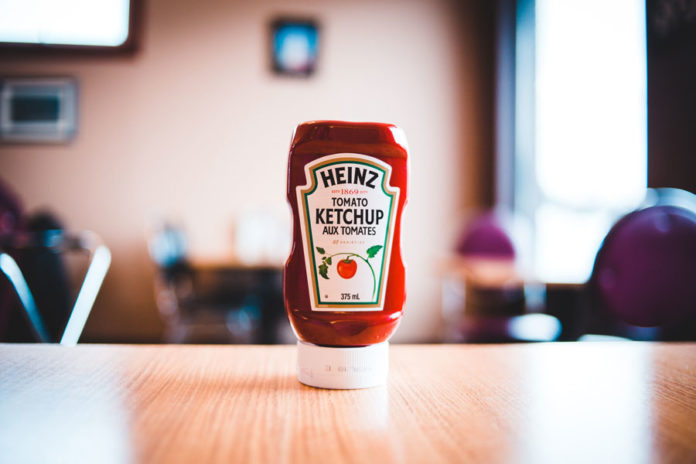
Remember the toilet paper shortage at the beginning of the pandemic. The grocery stores lines went around the corner, sometimes a two hour wait just to find an empty shelf where toilet paper once sat. And when that was gone, they hit the paper towels, napkins and even baby wipes. It was the most insane experience. Who’s idea was it to encourage people to buy out toilet paper when COVID-19 is more of a respiratory issue and not a bottom end problem. Now the markets limit how much you can purchase.
There’s a new shortage upon us. The new commodity is Heinz ketchup. The industry that’s being affected by these changes; the food industry. Restaurants are reporting a shortage of the condiment. They can’t seem to “catch up”.
When the new COVID-19 guidelines were set for restaurants and other food establishments, there was a huge focus on takeout and delivery as a way to respond to the pandemic. Kitchen orders went from bottled ketchup to individual packets. And thus began the ketchup shortage.
Restaurants began filling out takeout cups in order to not lose money off of their ketchup purchases. For high volume restaurants, this is a time consuming task and a waste of money. Not only do you have to purchase ketchup but then there are the little plastic condiment cups. A person would need to be hired who could spend hours filling those cups for orders. In the end, the cost of equipment and labor would exceed the sale.
Heinz company is the top selling ketchup producer. Steve Cornell, president of Heinz Ketchup stated that he would increase production by 25% to produce 12 billion more packets a year. The food industry will have to be patient as they implement these changes.
Ebay has become the selling hub of ketchup packets at $6 for 150 individual packets. Others are selling at $10.50 for 50 packets.
Last month, Feeding America published their most recent data on coronavirus and the impact on food insecurity. In the next couple months, we will see more food shortages. Coronavirus has created a domino effect we didn’t expect would affect the most humblest household items like toilet paper and ketchup.






